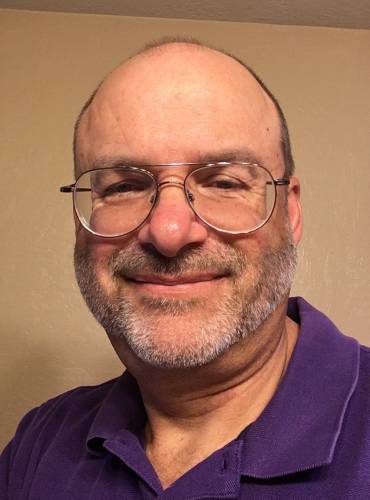We will practice boldly the things that make for peace
Exodus 1:8–22
Submitted by Rev. Roger Scott Powers
The king of Egypt said to the Hebrew midwives, one of whom was named Shiphrah and the other Puah, “When you act as midwives to the Hebrew women, and see them on the birthstool,
if it is a boy, kill him; but if it is a girl, she shall live.” But the midwives feared God;
they did not do as the king of Egypt commanded them, but they let the boys live.
Reflection: The Hebrew midwives, Shiphrah and Puah, were to kill all the boys born to Hebrew women. But Shiphrah and Puah feared God. They could not in good conscience participate in mass infanticide. They defied Pharaoh’s order and allowed the boys to live—a brazen act of nonviolent civil disobedience. It was thanks to their action that the infant Moses lived to grow up and free his people from slavery in Egypt.
The story of the Hebrew midwives brings to mind other powerful women who have challenged violence, injustice, and oppression through the centuries:
- Harriet Tubman, who, after escaping from slavery in Maryland at the age of 27, took the risk of returning again and again to lead other slaves north along the Underground Railroad to freedom.
- Dolores Huerta, the tireless advocate for workers’, immigrants’, and women’s rights, who has been arrested more than 20 times for her participation in nonviolent civil disobedience, and who, with César Chávez, co-founded the United Farm Workers.
- Malala Yousafzai, the young Muslim activist who has traveled the world as an advocate for the right of all children to education, and who won the 2014 Nobel Peace Prize at age 17, making her the youngest-ever Nobel Prize laureate.
These strong, powerful women took bold, courageous actions to resist the oppression and injustice of their day. In their efforts to challenge the status quo, they sought to be faithful to God—the God of life, the God of justice, the God of peace. May they be examples to all of us of what one person can do to make a difference in the world.
Action: Join in a nonviolent demonstration or vigil concerning an issue that is near and dear to your heart.
Prayer: Thank you, God, for faithful women who have made the world a better place. May their words and actions inspire us to take risks ourselves to further your reign of justice and peace. Amen.
 Rev. Roger Scott Powers is pastor of St. Andrew Presbyterian Church in Albuquerque. He has worked with the Presbyterian Peacemaking Program and the Presbyterian Peace Fellowship for many years. He is also co-editor of a 640-page encyclopedia of nonviolent action entitled Protest, Power, and Change.
Rev. Roger Scott Powers is pastor of St. Andrew Presbyterian Church in Albuquerque. He has worked with the Presbyterian Peacemaking Program and the Presbyterian Peace Fellowship for many years. He is also co-editor of a 640-page encyclopedia of nonviolent action entitled Protest, Power, and Change.

This year’s Path of Peace reflections are based on the Five Affirmations to Guide the Peacemaking Witness of the Presbyterian Church (U.S.A.). Writers were recruited to help us explore the following affirmations as each week of A Season of Peace unfolds:
- Peacemaking is essential to our faith.
- We have sinned by participating in acts of violence.
- We reclaim the power of nonviolent love.
- We commit to the study and practice of nonviolence.
- We will practice boldly the things that make for peace.
Each author writes Monday–Friday, beginning with the first affirmation and ending with the fifth. The authors represent a variety of vocations and experiences in peacemaking efforts, and each week presents a new ‘voice’ to walk you through the affirmations. The weekend devotions, written by the editor, also reflect the five affirmations. Individuals and households are invited to make use of these daily reflections beginning on Sunday, September 3, and concluding on World Communion Sunday, October 1.